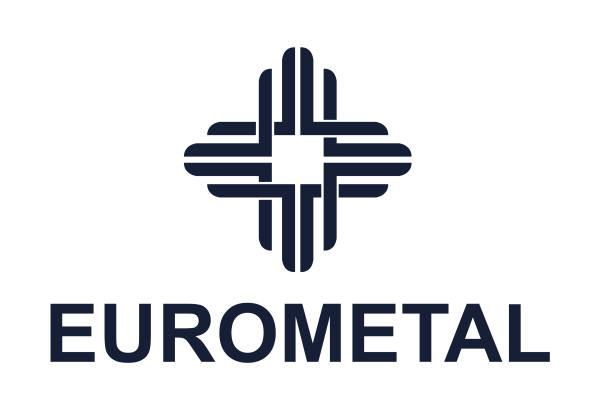The European Federation of Steel, Tubes and Metals Distribution & Trade (EUROMETAL) has formally written to EU Trade Commissioner Maroš Šefčovič following meetings with the Directorate-General for Taxation and Customs Union (DG TAXUD) and the Directorate-General for Trade (DG TRADE), warning that the Carbon Border Adjustment Mechanism (CBAM) legal framework is still incomplete ahead of its definitive phase in January 2026.
Key elements, such as benchmark and default values, the methodology for recognizing carbon prices paid in third countries, and adjustments linked to free ETS allocations, are still unresolved and are unlikely to be finalized before early 2026.

Sectoral risks for the steel supply chain
The lack of timely guidance is already creating uncertainty across the steel supply chain, EUROMETAL noted, adding that that many members are currently negotiating 2026 contracts without legal clarity, exposing them to speculative market behavior, contractual disputes and market distortions, especially harmful for SMEs with limited resources to handle complex compliance.
EUROMETAL’s recommendations
In its letter, EUROMETAL outlines several urgent measures for the European Commission:
- Publish provisional values and benchmarks without further delay.
- Clarify CBAM’s downstream product scope.
- Accelerate communication on the export adjustment mechanism.
- Consider pre-payment or provisional border charges to stabilize expectations.
- Issue an EU-wide statement to reduce uncertainty before the final legal texts are published.
Call for coordinated action
Although CBAM is formally under the remit of DG TAXUD, EUROMETAL stresses that its impact extends far beyond taxation. The organization calls for a coordinated response across European Commission services, emphasizing CBAM’s far-reaching implications for trade, competition, and the single market’s integrity.